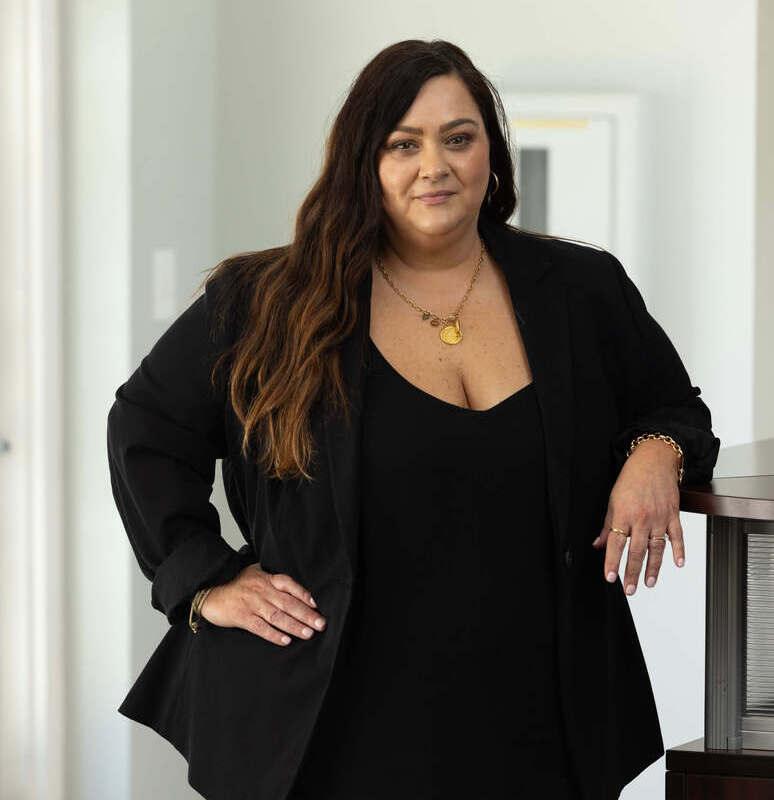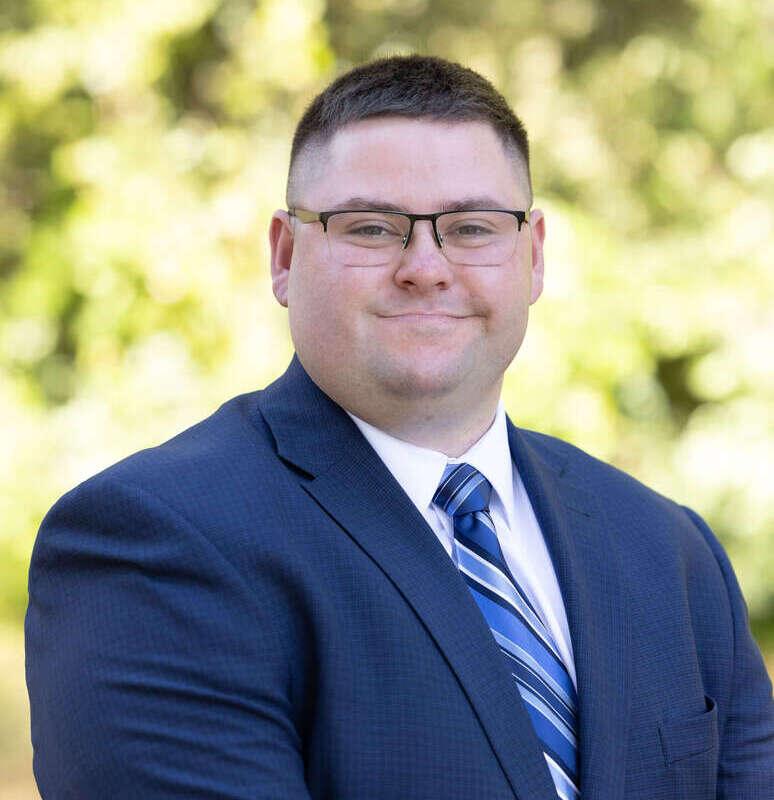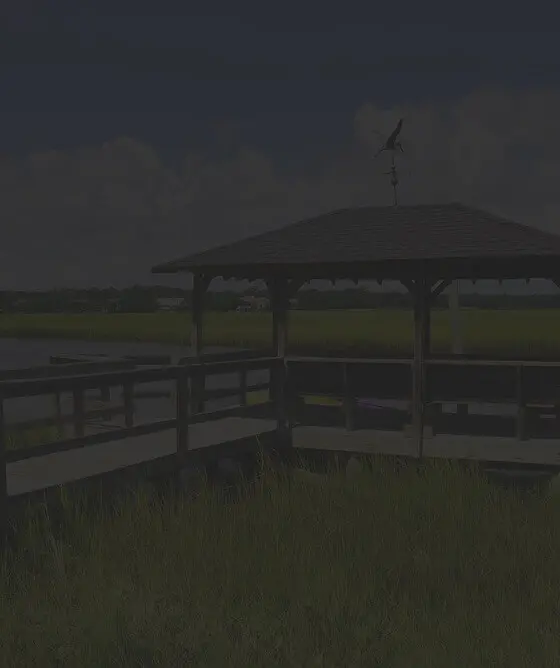Drowning Accident Lawyer in South Carolina: Fighting for Justice for Victims and Families
Drowning accidents are tragic and often devastating events that can result in severe injury or wrongful death. In South Carolina, with its beautiful coastline, lakes, and pools, drowning accidents are unfortunately a common occurrence. If you or a loved one has been involved in a drowning accident, you may be entitled to compensation for your losses, including medical expenses, pain and suffering, lost wages, and more.
At Hopkins Law Firm, our skilled drowning accident lawyers serve clients across Charleston, Georgetown, Myrtle Beach, and Pawleys Island. We understand the emotional and financial toll that drowning accidents can take on victims and their families, and we are committed to helping you seek justice and the compensation you deserve.
Drowning Accident Statistics in South Carolina
South Carolina is known for its scenic rivers, lakes, and beaches, making it a popular destination for water-related activities. However, this also means that the state sees a high number of drowning accidents each year. According to the Centers for Disease Control and Prevention (CDC) and local reports, here are some critical drowning accident statistics for South Carolina:
- Drowning Deaths: South Carolina consistently ranks among the top states in the U.S. for the number of drowning-related deaths, particularly among children. The most vulnerable age groups are children under the age of 5 and young adults aged 15-24.
- Children’s Drowning Incidents: Nearly 60% of all drowning incidents involving children under the age of 5 occur in residential swimming pools. Pool safety is a significant concern, and many drownings could have been prevented with better precautions.
- Boating and Water Sports Drownings: Boating and water sports accidents are also a leading cause of drowning deaths in South Carolina, especially during the summer months. Poor weather conditions, alcohol consumption, and a lack of life vests contribute to these tragic incidents.
- Open Water Drownings: Rivers, lakes, and the ocean pose significant drowning risks as well. Rip currents, lack of supervision, and unsafe behaviors contribute to many drowning fatalities each year.
These statistics highlight the importance of taking precautions to prevent drowning accidents, especially in a state like South Carolina, where water activities are so popular. However, even with the best precautions, accidents still happen, and when they do, victims and their families need skilled legal representation to hold negligent parties accountable.
Common Causes of Drowning Accidents in South Carolina
Drowning accidents can occur for various reasons, and many are the result of someone’s negligence. The most common causes of drowning accidents in South Carolina include:
1. Lack of Supervision
A significant number of drowning accidents occur due to a lack of supervision. Children, in particular, are at risk when left unattended near bodies of water, even for a short period of time. Parents and guardians have a responsibility to ensure that children are always under adult supervision when near water.
2. Swimming Pool Accidents
Inadequate fencing, unlocked gates, and poor maintenance of swimming pools contribute to a high number of drowning incidents, especially among young children. Homeowners and property managers are responsible for maintaining safe environments and ensuring that pools are secure.
3. Boating Accidents
Boating accidents are a common cause of drowning in South Carolina, often involving alcohol use, failure to wear life jackets, or inexperienced operators. A collision with another boat, equipment malfunction, or rough weather conditions can also lead to tragic drownings.
4. Rip Currents and Ocean Drownings
South Carolina’s beautiful coastline presents a danger for swimmers who are unprepared for rip currents. These strong, fast-moving water currents can pull swimmers out to sea, making it difficult to return to shore without help. Lack of proper knowledge and training on how to handle these currents can lead to fatal accidents.
5. Diving and Water Sports Accidents
Diving into shallow water or performing water sports without proper safety equipment can lead to injury or drowning. Inexperienced divers or people who disregard safety warnings often find themselves at risk for drowning in these circumstances.
What to Do After a Drowning Accident
If you or a loved one has been involved in a drowning accident, it’s important to take immediate and proper steps to ensure your legal rights are protected. Here’s what to do after a drowning accident in South Carolina:
- Seek Immediate Medical Attention: Even if the person who drowned is revived, they should seek immediate medical care. Drowning victims may suffer from secondary drowning, where water remains in the lungs, causing respiratory issues later.
- Report the Incident to Authorities: It’s important to report the drowning to local law enforcement or emergency responders, especially if there has been a fatality or severe injury.
- Document the Scene: If possible, document the scene of the accident with photos and notes. This could be crucial for any legal action you decide to take.
- Consult with an Experienced Drowning Accident Lawyer: If the drowning was caused by negligence or unsafe conditions, you may be entitled to compensation. An experienced South Carolina personal injury lawyer can help you navigate the legal process and ensure that your case is handled effectively.
How Our Drowning Accident Lawyers Can Help
At Hopkins Law Firm, our experienced attorneys handle drowning accident cases across Charleston, Georgetown, Myrtle Beach, and Pawleys Island. We fight to protect the rights of those who have been injured or lost a loved one in drowning accidents, whether in pools, lakes, rivers, or the ocean.
Our legal team will:
- Investigate the cause of the drowning accident to determine liability, including interviewing witnesses, reviewing surveillance footage, and examining the scene.
- Hold negligent parties accountable, including property owners, business owners, boating companies, or government entities responsible for maintaining safe waterways.
- Seek compensation for medical expenses, lost wages, pain and suffering, funeral costs, and other damages related to the drowning accident.
- Guide you through the legal process, ensuring you understand your rights and options at every step.
Contact Our South Carolina Drowning Accident Lawyers Today
If you or a loved one has been affected by a drowning accident in South Carolina, contact Hopkins Law Firm for a free consultation. Our attorneys are dedicated to helping victims and their families seek justice and fair compensation for their injuries or losses. With offices in Charleston, Georgetown, Myrtle Beach, and Pawleys Island, we are here to serve you no matter where the accident occurred.
Call or fill out our online contact form to schedule a free consultation today. Let us fight for your rights and get the justice you deserve.
















